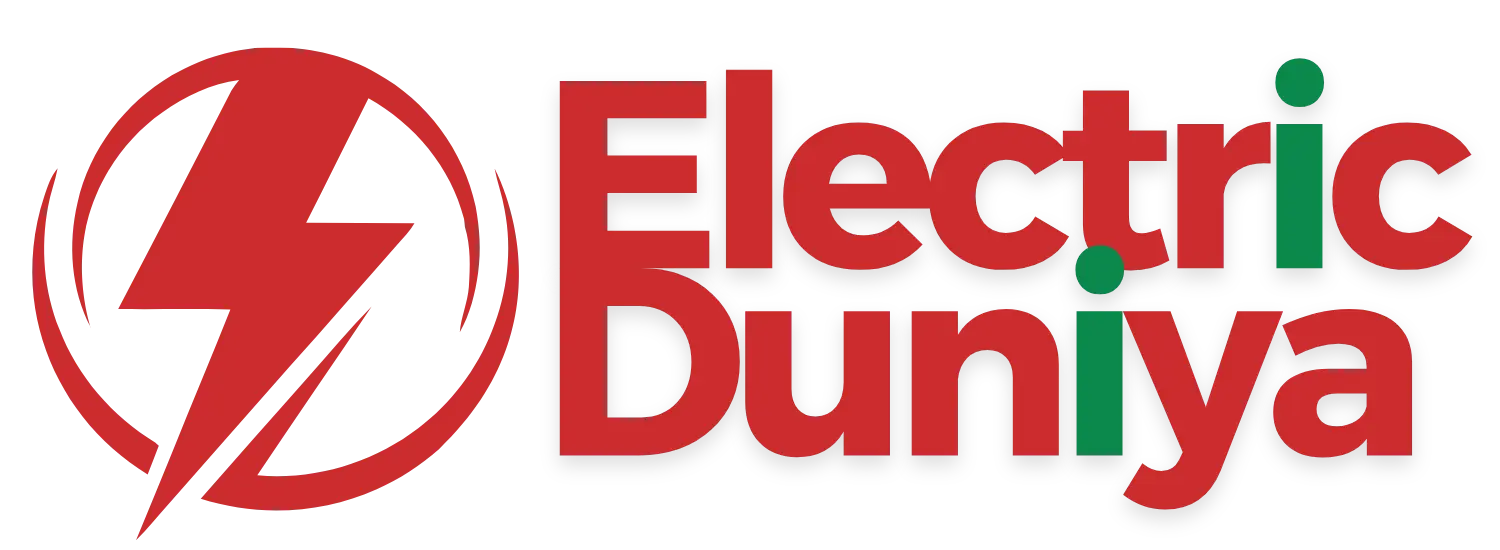On-Demand Charging
On-demand charging refers to mobile or flexible EV charging services that deliver electricity whenever and wherever drivers need it, without relying solely on fixed stations.
Overview
The rapid growth of electric vehicles has created an urgent need for more adaptable charging solutions. On-demand charging provides EV drivers with the flexibility to request charging services outside traditional fixed charging networks. Instead of depending solely on permanent charging stations, drivers can access mobile charging vans, portable charging units, or app-based services that bring power to their vehicle’s location.
This concept addresses key barriers to EV adoption such as range anxiety, limited infrastructure, and time constraints. By enabling access to charging “as a service,” on-demand charging complements existing networks and helps create a seamless, driver-centric charging ecosystem.
How Does It Work?
On-demand charging operates through a combination of technology platforms and mobile energy delivery systems:
-
Mobile Charging Units: Vehicles or trailers equipped with battery packs, generators, or renewable energy storage provide charging at the driver’s location.
-
App-Based Requests: Drivers use apps or service platforms to request a charging session, similar to booking ride-hailing services.
-
Energy Sources: Power is drawn from pre-charged batteries, renewable energy, or grid-connected systems.
-
Flexible Deployment: These services can be dispatched to urban centers, highways, events, or remote areas where traditional infrastructure is unavailable.
This system ensures drivers are never stranded, while utilities and service providers optimize grid usage and energy distribution.
Features of On-Demand Charging
-
Flexibility: Provides EV charging at any location, bypassing station availability issues.
-
Convenience: Works like a delivery service, reducing downtime for drivers.
-
Emergency Support: Assists stranded EVs with low battery power.
-
Scalability: Adaptable for residential, commercial, or fleet operations.
-
Grid Independence: Some systems use renewable energy storage, reducing reliance on fixed grid points.
-
Digital Integration: Smart apps provide real-time tracking, payments, and service scheduling.
Applications in EV
On-demand charging has multiple practical applications:
-
Urban Areas: Assists EV owners in cities with limited access to private charging points.
-
Commercial Fleets: Provides flexible overnight or in-route charging for delivery vehicles and ride-hailing services.
-
Remote Locations: Enables charging where grid infrastructure is weak or absent, such as rural roads or tourist spots.
-
Events & Temporary Venues: Powers EVs at festivals, exhibitions, or large gatherings without permanent chargers.
-
Emergency Roadside Assistance: Mobile charging vans replace tow trucks for out-of-charge EVs.
Conclusion
On-demand charging is a transformative solution in the EV ecosystem, bridging infrastructure gaps while enhancing driver convenience and confidence. By offering flexible, mobile, and app-enabled charging services, it supports wider EV adoption and complements permanent charging networks. As EV ownership expands globally, on-demand charging will play a critical role in ensuring accessibility, reliability, and sustainability in electric mobility.

